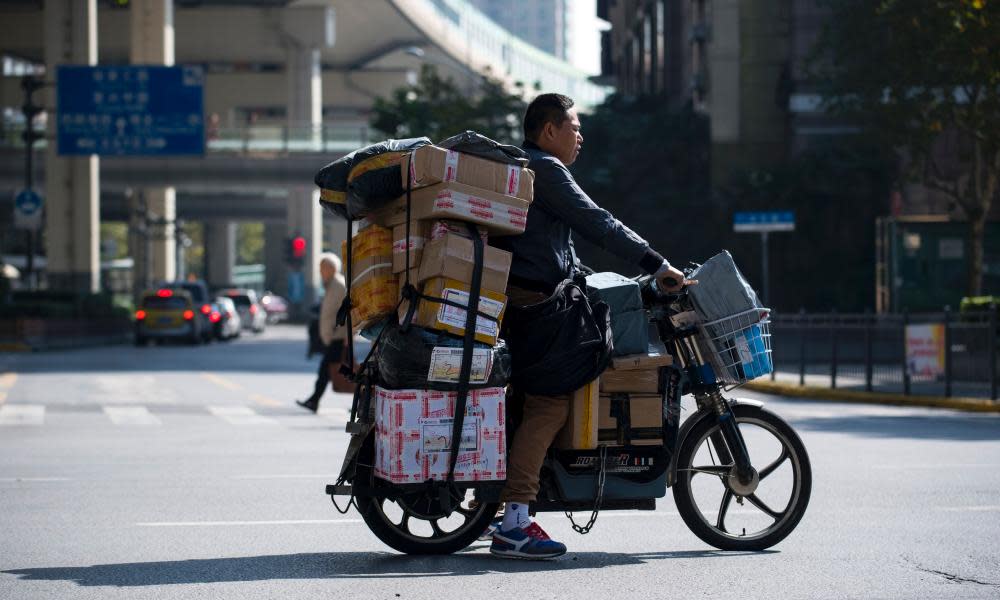China's feeling Moody about credit downgrade - but caution is justified | Larry Elliott

It is almost three decades since Beijing was last downgraded by the rating agency Moody’s, and during that period China has been transformed. Since 1989, the year of the Tiananmen square massacre, rapid growth has seen huge progress in the fight against poverty. Compounded growth rates of close to – and in some years higher than – 10% have made China the world’s second biggest economy after the US. At the current rate of progress, it will soon be number one. Few envisaged this when Deng Xiaoping began his reform programme in the late 1970s.
All of which might perhaps explain Beijing’s rather tetchy response to downgrade. China is not accustomed to having its economic strategy questioned, as the response from the finance ministry made abundantly clear. The tone was dismissive. Moody’s were over-playing the risks and under-playing the country’s reform efforts. Put simply, the rating agency didn’t know what it was talking about.
The rather muted reaction in the financial markets suggests Beijing might have a point. Bonds were unmoved. The Shanghai stock market ended up on the day. Nothing to see here. Move along please.
In fact, Moody’s were making a perfectly reasonable point. China’s impressive-looking growth rate has only been possible because of a credit bubble. The authorities have made sure that state-operated enterprises can expand, even when the investment has made little commercial sense. The banks have lent money – not always wisely – for real estate projects.
Just like the countries of the developed west in 2008, China could well soon be faced with the situation when it has to step in and bail out its non-performing banks. This would be expensive and would push up China’s relatively low debt-to-GDP ratio.
Perhaps an even bigger problem is that China’s potential growth rate is weakening. As Mark Williams, of Capital Economics, has noted, loose credit has been used to keep struggling firms afloat rather than being deployed effectively.
To be sure, a reform programme is under way to address this issue but progress – as Moody’s notes – has been slow. There is a reason for this: the authorities in Beijing fear that an over-rapid slowdown in the economy will lead to Tiananmen square-style protests.
Like the other rating agencies, Moody’s failed to see the 2008 crash coming. It is being more cautious this time. Justifiably so.

 Yahoo News
Yahoo News 
